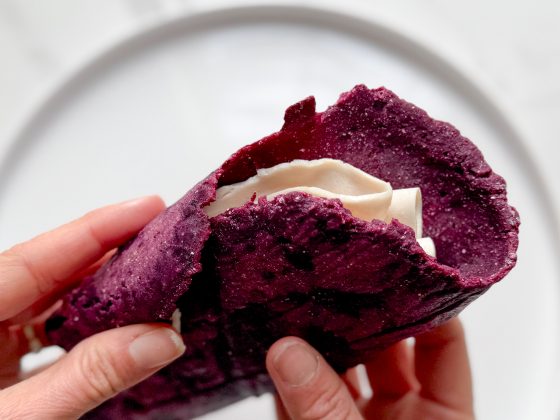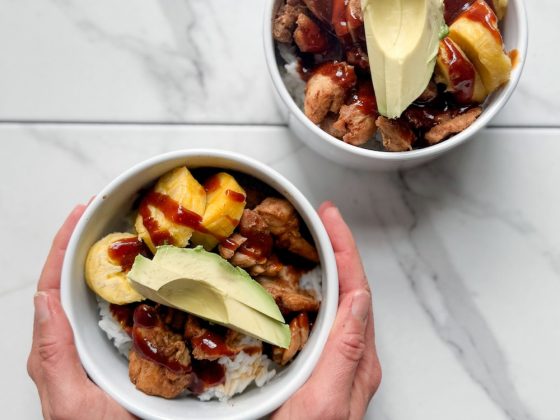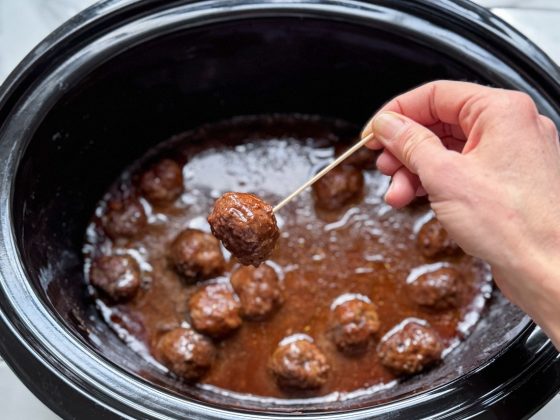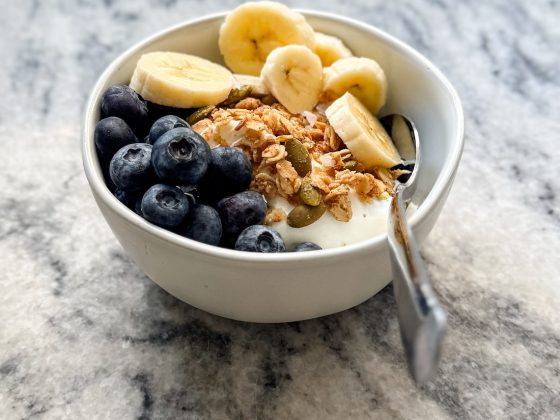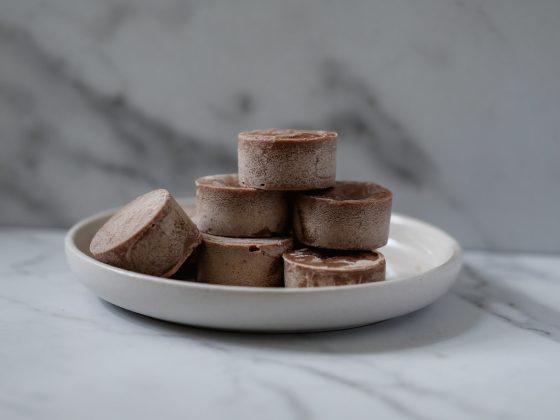I recently made the switch to black coffee after riding the bulletproof train for years. I remember the first time I consumed the coffee concoction made with MCT oil and ghee. For lack of a better term, I felt high. Not in the paranoid – I am going to go sit in a corner by myself – sense of the word, but in the best way. It felt as if my brain had just been provided new batteries and then rebooted. After a long time of living in a state of blood sugar imbalance throughout my teens and twenties, I had just discovered the work of Dave Asprey and Kelly Leveque. I would start each morning with bulletproof coffee, and follow a more blood sugar balancing protocol from there. Not only did I immediately feel more mental clarity and physical energy, but I was less hungry and my cravings majorly subsided. I was hooked. Blood sugar balance and intermittent fasting were my ticket to food freedom. While I have loosened the structure of the latter (my fasting window is now 12-14 hours, rather than the traditional 16:8), I still build my meals around the blood sugar balancing format of healthy fat, fiber, and protein. I even launched a natural foods company centered around this nutritional philosophy.
When it comes to my morning cup of coffee, I would take breaks from bulletproof every now and then. For example, I never drank it while pregnant, adding almond milk to my one cup instead. While I was not pregnant, it simply became a tool based on whatever I had going on that day. For example, if I was meeting a friend for an early lunch, I would drink bulletproof first. Or if I had back-to-back client calls, I would fuel with a real food breakfast instead. I loved the flexibility, and still recommend bulletproof coffee to people new to a blood sugar balancing lifestyle, or someone struggling with insulin resistance.
In recent months, I started to feel less of the positive effects of bulletproof coffee. I also started to learn more about hormones, and how eating a real food breakfast supports our endocrine system. This study concludes that eating breakfast – versus skipping breakfast – leads to more satiety and lower insulin concentrations after meals later in the day. Furthermore, when nutritionist Amanda Nighbert came on the Healthified Podcast, she said she recommends black coffee to her Lean participants to better support metabolic health. All signs were starting to point in this direction. Then I listened to a podcast episode with Dr. William Li, and learned about a benefit I hadn’t heard of before. I became very intrigued and decided to dig deeper.
What is Chlorogenic Acid?
Chlorogenic acid (CGA) is a class of polyphenols beneficial for health in a number of ways. Coffee beans contain this plant-based compound, along with other foods such as apples, pears, artichoke, plums, and potatoes to name a few. Not only does CGA support metabolism, but studies show it helps with blood sugar regulation and may improve gut health. Additionally, CGA is said to possess defensive effects against various types of cancer.
Does it have to be black coffee?
You may be wondering if you have to drink your coffee black in order to reap the benefits. The answer isn’t so black and white (pun intended). In other words, it depends on what you are adding to it. Studies that show the benefits of coffee consumption are mostly conducted with black coffee. There are those separate studies that look into whether adding ingredients to your coffee or tea has any adverse effects. The conclusion primarily points to a correlation between higher rates of obesity and the addition of artificial sweeteners to coffee of tea. The same could not be said for those caloric additives such as real milk, cream, sugar, and honey.
The bottom line.
What I gather from all this is if you want to reap the most health benefits from coffee, drink it black. This comprehensive article from mindbodygreen agrees. If you are going to add anything to your black coffee, I would suggest more Healthified ingredients such as your favorite unsweetened almond milk or even full-fat whole milk. Stay away from artificial sweeteners and select the real deal instead. There are a number of white sugar substitutes that are better for you. If you love a latte and are ordering at a coffee shop, I would recommend almond or coconut milk if they have it. So many cafes these days offer Oat Milk (likely this brand) and I have heard it isn’t the healthiest choice. Personally, if a coffee shop only has oat milk as a non-dairy option, I get my coffee black instead. Do with that what you will.
How to make your black coffee frothy.
I enjoy about two cups of coffee at home every morning. Taking that first sip is one of my favorite moments of my day (I really love coffee). When I did make the switch to black from bulletproof, I missed the frothiness that blending my coffee provided. So I had an idea – what would happen if I whipped the black coffee in the blender? With a dash of cinnamon and a couple drops of liquid stevia, the consistency is basically the same!
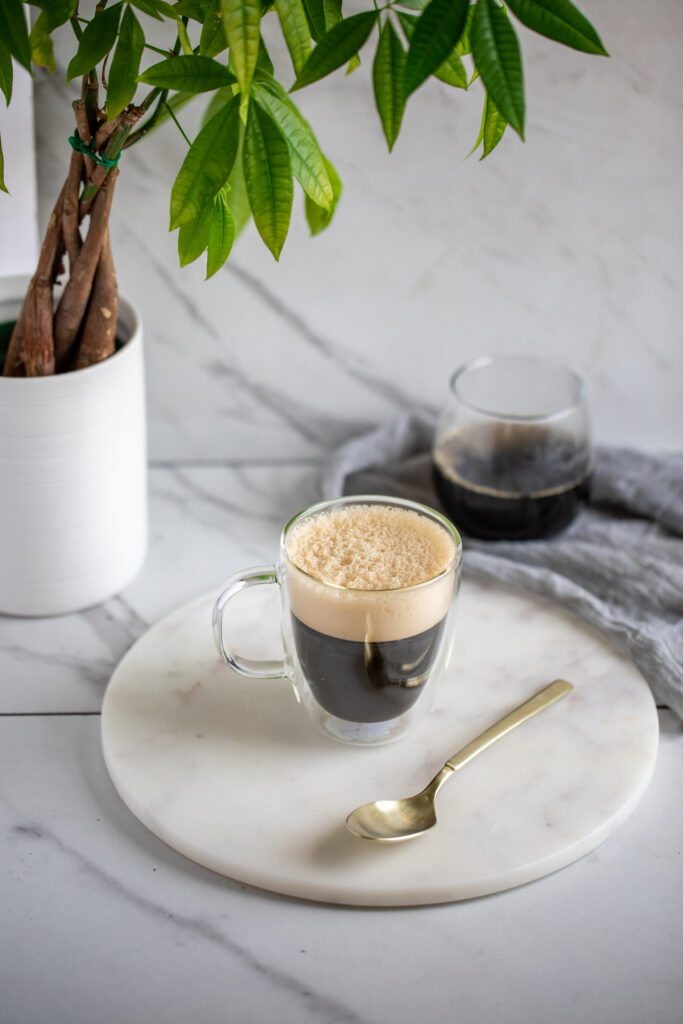
Ingredients:
- 1 cup of black coffee
- dash of cinnamon
- 2 drops of liquid stevia (I use Sweet Leaf brand)
Method:
Combine all ingredients in a blender (I use a basic Oster blender with a glass carafe). Whip for 5 to 10 seconds. Pour into your favorite mug and enjoy!


